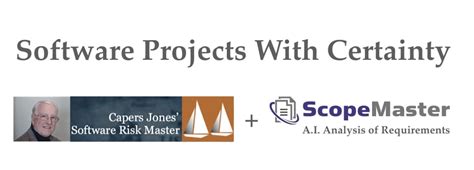A Quote by Capers Jones
The use of lines of code metrics for productivity and quality studies [is] to be regarded as professional malpractice starting in 1995.
Quote Topics
Related Quotes
In this respect a program is like a poem: you cannot write a poem without writing it. Yet people talk about programming as if it were a production process and measure "programmer productivity" in terms of "number of lines of code produced". In so doing they book that number on the wrong side of the ledger: we should always refer to "the number of lines of code spent".
The studies I've seen about readability and legibility tend to focus on a specific set of metrics: size, not just the point size, but things like the size of the lower case letters as a proportion of the overall letter height, and line length. People simply can't read really small type set in really long lines.
We need to lower tax rates for everybody, starting with the top corporate tax rate. We need to simplify the tax code. The ultimate answer, in my opinion, is the fair tax, which is a fair tax for everybody, because as long as we still have this messed-up tax code, the politicians are going to use it to reward winners and losers.
The promoters of big data would like us to believe that behind the lines of code and vast databases lie objective and universal insights into patterns of human behavior, be it consumer spending, criminal or terrorist acts, healthy habits, or employee productivity. But many big-data evangelists avoid taking a hard look at the weaknesses.
Very rarely are you going to see the large shareholder or CEO of a corporation march into a newsroom and say, "Cover this story, don't cover that." It's a much more subtle process. The professional code adapts, but what we try to see, is how commercial and corporate pressure shape both the professional code and the sorts of things that are considered legitimate journalism and illegitimate journalism.































